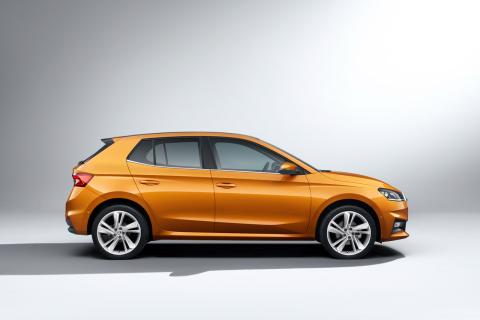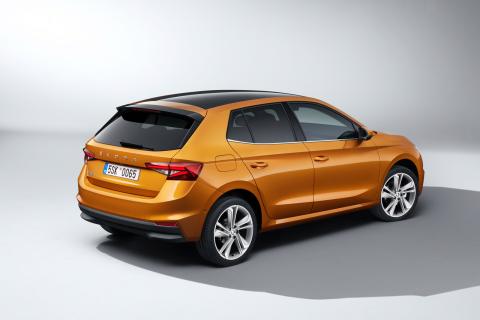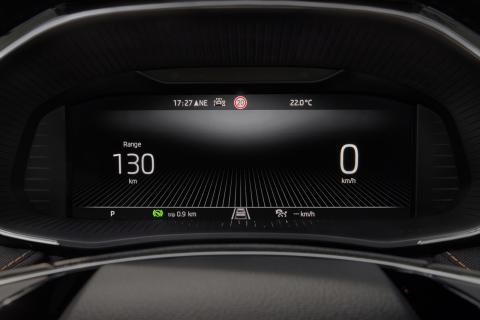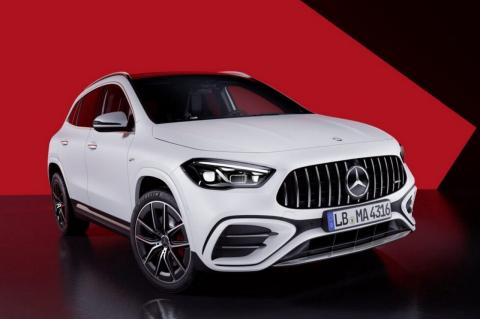
Skoda recognizes that the Euro 7 regulations put the future of the Fabia at serious risk. If this model is removed, the Volkswagen Polo could also disappear.
The Euro 7 emission regulation is scheduled to come into force on July 1, 2025 and will mean the arrival of stricter pollution limits for all new cars. This can wreak havoc for many manufacturers that could give up some of their models, as is the case with Skoda, which recognizes that the Euro 7 regulations put the future of the Fabia at serious risk.
This has been made known by the CEO of Skoda, Klaus Kellmer, who has assured that “If Euro 7 is implemented as currently planned, it will require massive investments, which we will then lack for the transformation to electric mobility.”
Skoda recognizes that the Euro 7 regulation puts the future of the Fabia at serious risk
The Skoda Fabia is one of the most popular models of the Czech company along with the Skoda Octavia. It shares a platform with other models such as the Volkswagen Polo and the Seat Ibiza. However, its future could be up in the air with the arrival in 2025 of the new European emissions standard.
The head of Skoda announced that the Fabia would be withdrawn from the market due to the Euro 7 regulations, which could also mean the disappearance of the Volkswagen Polo, since adapting the new technology to combat exhaust emissions would be too expensive.
In fact, Thomas Schäfer, head of Volkswagen, has estimated that this measure would make the Polo more expensive by 5,000 euros, increasing its starting price in the cheapest version to 25,000 euros. And at these prices, the Polo is no longer competitive in the B-segment utility market.
The sixth generation of the Polo is scheduled to cease production in 2024 and, for the moment, Volkswagen has not made any statement about the future of the legendary model.
On the other hand, converting these B-segment models into pure electric cars will not have a benefit in the final price to be paid by the driver either, since electric vehicle technology continues to be more expensive than that of the combustion engine.
“It remains true that the material and production costs of electric vehicles are significantly higher than those of combustion engines,” says Kellmer. “It may be that this collapses in the second half of the decade, because at the same time combustion engines will become more expensive due to emissions requirements.”
In addition, the CEO of Skoda assures that the electric vehicle will also reduce the variety of models of the brands. “The further we move in the direction of battery electric vehicles, the more the number of variants will shrink.”
Source: Deutscher Presseindex







































